Specialization Is a Quicker Path to Success
It’s much easier to become proficient in just one set of skills as opposed to learning a little bit about everything.

Learning to specialize in a single or specific type of property can speed up your investing because it’s much easier to become proficient in just one set of skills as opposed to learning a little bit about everything. Buying rundown multiple unit properties soon made me the “go-to guy” in my town. If you were the owner of a junky property and wanted to sell, all the local real estate agents would contact my broker Fred when they listed their dog property for sale. Agents would automatically call Fred first to see if Jay might be interested. This produced many leads, but not many sales. Most sellers, along with their agents, set unrealistic prices expecting to snag some out-of-town dummy – quite often they did.
I have always had much better luck negotiating after the listing has expired. Seeing little or no interest in his property, a seller quickly understands that he or she will need to be more realistic with their price. Real estate agents are partly to blame for “Disneyland” pricing because they offer counsel and provide advice to the seller. Setting a high price helps them get the listing. However, when owners allow their properties to run down and look ugly – 95% of all potential investors will drive by about 10 miles an hour, take a quick peek, but never slow down! I’m not suggesting you wait for the listing to expire to avoid paying a commission. Only for the pricing to soften up a bit.
The average commissions I paid after I became a well-known buyer were generally between three and four percent. If I’ve judged a property correctly, meaning its fixed-up value or potential...

I’ll earn thousands of dollars on the deal. A three or four percent commission is peanuts compared to my reward.
Specialization is the path to bigger and much faster profits. Attempting to learn a boat load of strategies in your early years takes away from concentrating on a single set of skills that can quickly make you the number one specialty investor in your area. When I started buying older rundown “fixer-type” properties in my town, it wasn’t long before most agents – even sellers, began to recognize me as the go-to guy anytime rundown properties came on the market! Whether I was the best or not didn’t matter! I had established myself as a specialist. I had developed the reputation! The late Zig Ziglar, national sales motivator, put it like this: “If you don’t specialize or become really good at something, there’s a real danger you’ll end up nothing more than a wandering generality!” Can ya say Hallelujah!
Specialization worked very well for me and allowed me to build up a monthly income stream much faster. This is very important for investors in their early years. Some may disagree with me when I say...
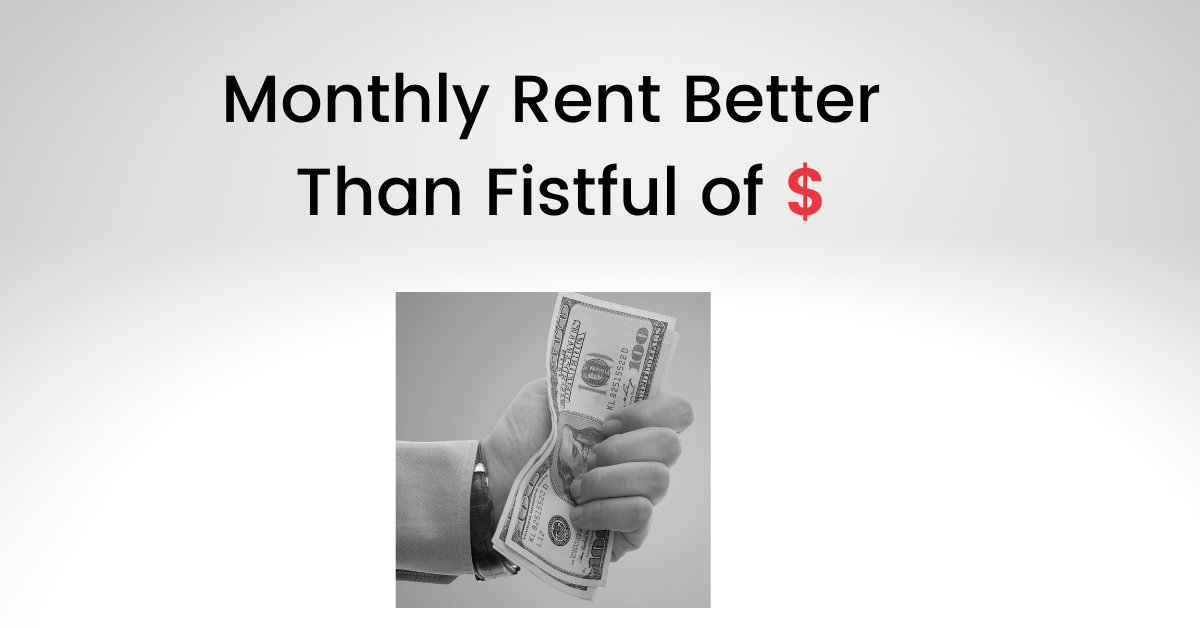
income you can count on every month is much better than a fistfull of cash for new investors. The reason is because new investors haven’t yet learned enough to invest a bucket load of cash wisely. Monthly income allows you the time to gain knowledge and helps prevent you from going bust on some “hot-shot” investment plan that can’t fail – but often does.
Bill Nickerson, my early mentor, learned a valuable lesson the hard way and was kind enough to share it with me. Bill was building up his cash flow buying duplexes and small apartments and feeling pretty cocky ...

when he got “fast talked” into investing his early profits in a lakeside restaurant motel complex 100 miles away from where he lived. The income looked super-enticing because they were the earnings for the summer months at a popular resort motel operation with cabins, restaurant and boating. Hundreds of people filled the place up all summer long. Then suddenly it was winter! Barely enough people showed up to answer the phone!
Bill’s plan was to work there himself during the busy tourist season. He also thought he could salt away enough money in the summer months so the off-season earnings wouldn’t matter that much. He was wrong!

During the off season there were very few customers, but he still had all the expenses of keeping the place running. He needed hired hands to repair boats and restore the equipment. He also learned a resort complex is not the same as traditional real estate (passive income)! It’s a business with business income. Even tax saving depreciation is 39 ½ years, which produces less annual shelter than investment real estate like duplexes and apartments. Bill also became an employer with a payroll requiring a bookkeeper and worker’s compensation insurance. All in all, Bill had made a terrible mistake. He had been mesmerized by the large gross income numbers, but it was a seasonal operation. Bill finally worked his way out of his predicament, but he had learned a valuable lesson – everything that glitters ain’t gold!
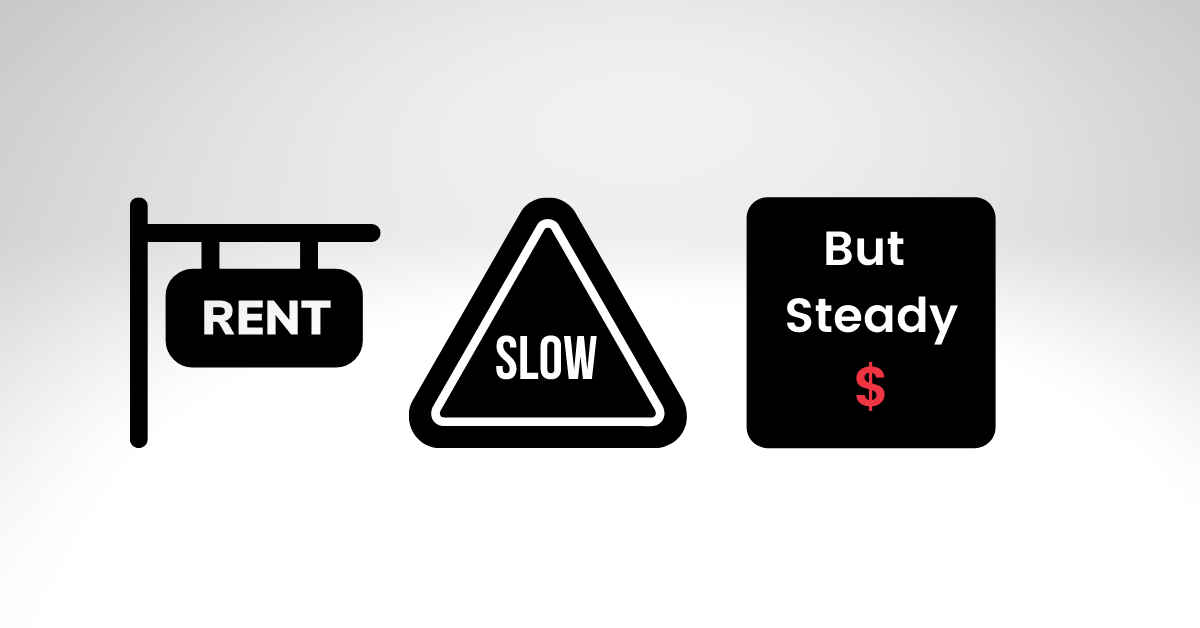
The temptation to speed up success is part of the DNA in most investors. Investors are aggressive, can’t wait type people by nature. If you can show me a way that other investors seem to be raking in a lot more money than me, you’ve got my immediate attention. It’s easy for me to start thinkin’ that positive cash flow from my monthly rents is okay, but it takes lots of effort and it seems rather slow. Besides, there’s not much excitement collecting rents. Stories like Nickerson’s experience have helped me put a damper on seeking more excitement. Trying to be the best at many different things has led to the downfall of many could or would-be successful investors. They simply reached too far! I call this “fool’s gold thinking” – and it’s big trouble for small-time investors.
When my student Roy N. from Alabama showed up at my Fixer Camp Seminar in 2007, he was “dead-bang” serious about learning how to become a house fixer specialist. He told me he had read my book...
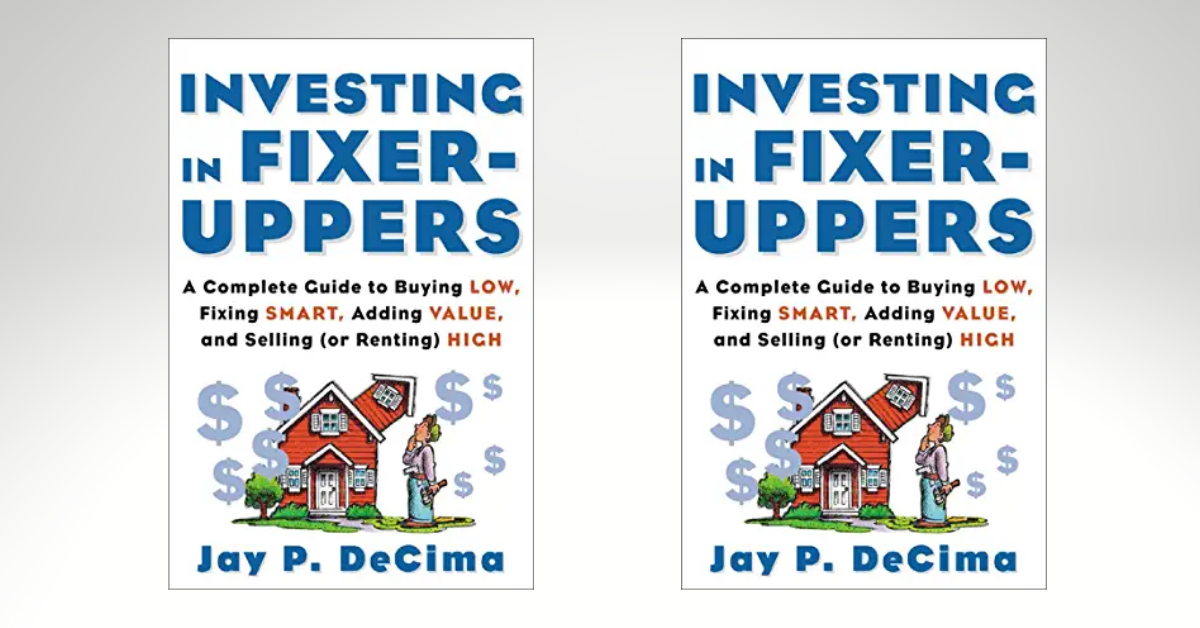
“INVESTING IN FIXER-UPPERS”, four times, cover to cover, and that it had started him in the investment business. Like most of my students, money is always a problem, but Roy was more than ready to substitute his personal labor to minimize the cost.
Where Roy lives the economy is a whole lot different than my state (California). There’s less appreciation, houses are much cheaper, but rents are high enough to produce cash flow for fixed up houses. Roy learned how the numbers worked and after a short apprenticeship he soon became a skilled journeyman house fixer. Although Roy explored other types of investments, he stayed with his specialty and it has served him well. In just 15 years, Roy’s income from his rental houses is earning him about five times more than when he started.
Over the years, Roy has stayed in touch with me. His letters almost always include 8 x 11 photos of each new property he acquires and fixes up. He’s learned how to bring out the charm in the older southern houses.
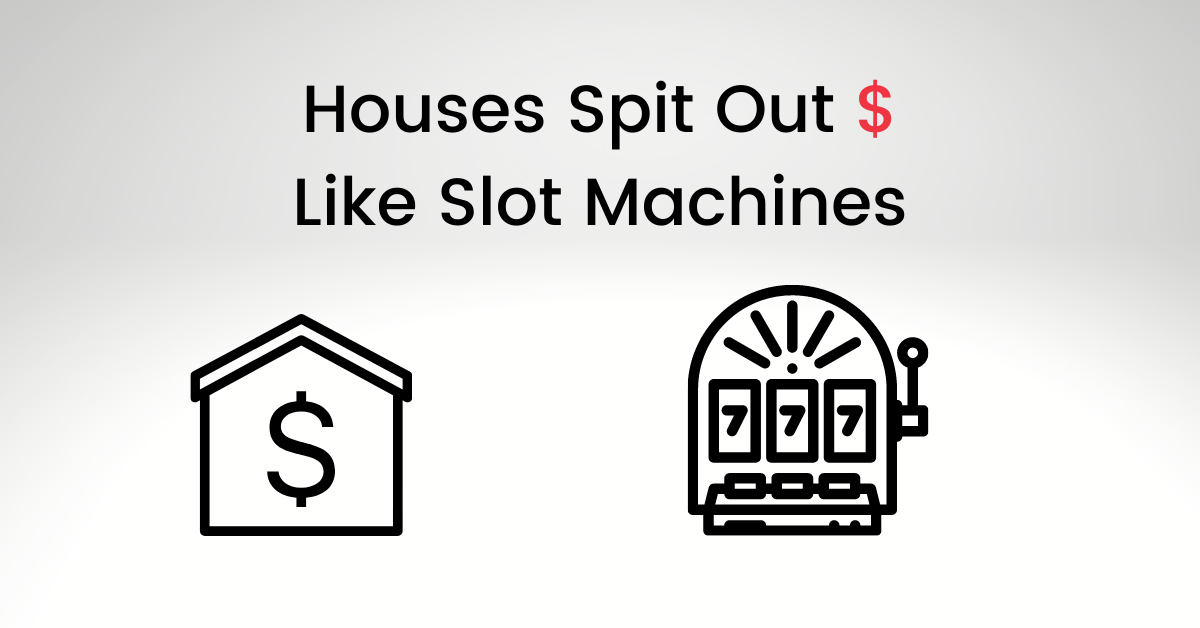
More importantly, he’s learned how to make single family houses spit out cash flow like slot machines. In his latest communication, Roy told me he had acquired more than 20 houses all told, sold off several and is living an enviable life with 15 free ‘n clear houses.
Roy is a perfect example of our free enterprise system. Starting from scratch, Roy has become a capitalist. He earns his living from his assets (houses). He has the freedom to do as he pleases – he’s his own boss. He can’t be fired, laid off and his work schedule is what he says it is. Roy ordered another “Fixer-Upper” book from me about a year ago. Claimed he loaned his “dog-eared” original to a friend and never got it back! In his letter, he reminded me, it’s been about 15 years ago since he read my book for the very first time. He recalls saying to himself...
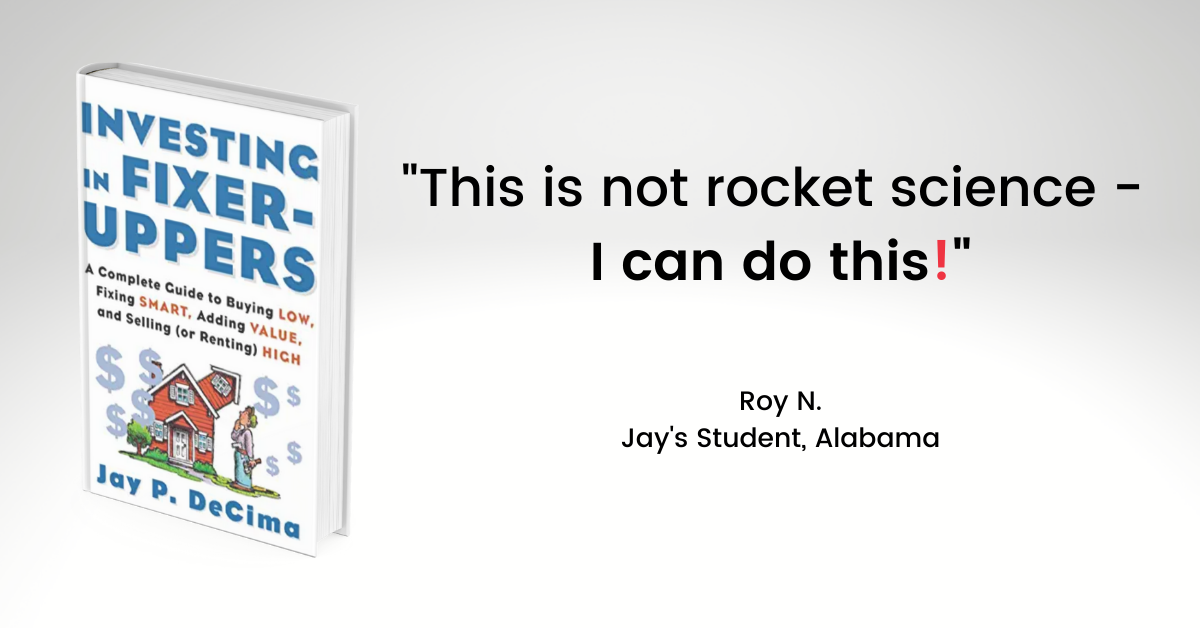
“This is not rocket science – I can do this!” Congratulations Roy, you’ve proved to the world you can!
